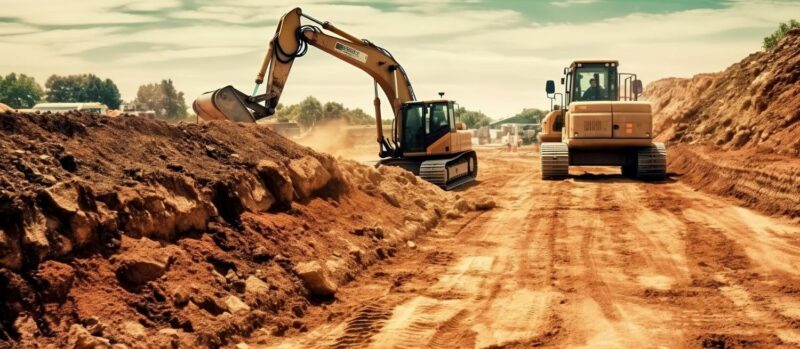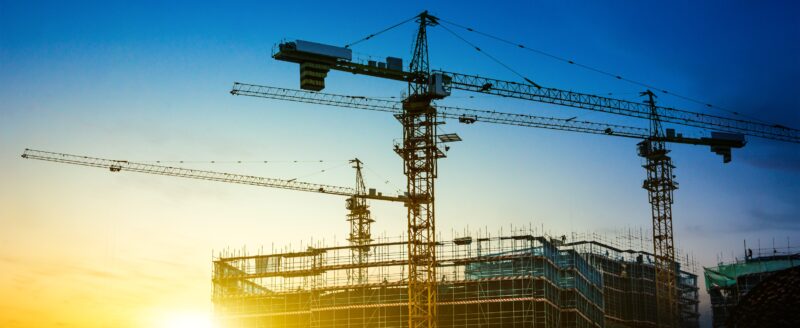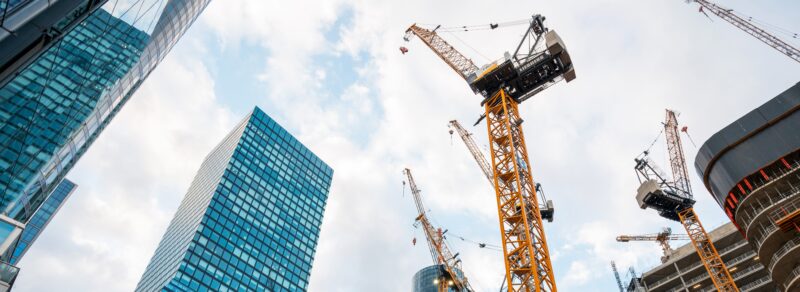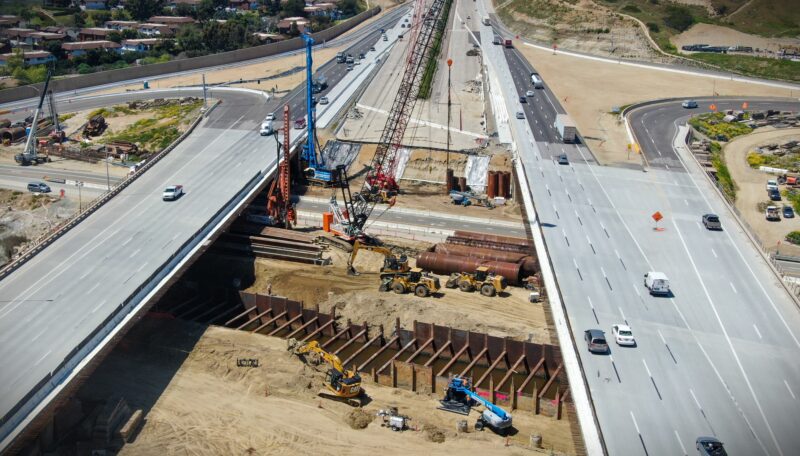Building a home will be one of the most substantial investments you’ll make in your lifetime. While the prospect of creating your dream home is filled with excitement and satisfaction, signing a building contract will be, at least for most of us, overwhelming and daunting. Finding a reputable builder or construction company will be an uphill task in itself -but once found, before putting pen to paper, ask your builder the “right questions”. These questions are designed to provide clarity on contract terms, outline your rights and obligations, and establish the builder’s commitments. In this article we have compiled a comprehensive list of questions to ask before finalizing the contract. This will help safeguard your investment, preempt potential disputes, and ensure a smooth and successful building process.
1. Are you licensed and insured?
Confirm the builder’s licensing status and ensure they carry liability insurance and worker’s compensation coverage. This protects you in case of accidents or damage during construction. Licensing validates their authorization to work in your area, ensuring compliance with local regulations. Insurance, including liability and worker’s compensation coverage, safeguards against construction-related accidents and damages.
2. What is the total cost and payment schedule?
Request a detailed breakdown of costs, including labor, materials, and any potential additional fees. Establish a clear payment schedule tied to project milestones. Requesting the total cost and payment schedule is about more than just numbers; it’s about gaining a nuanced understanding of where your financial resources are allocated and ensuring a structured, milestone-based payment plan that aligns with the progress of the construction project. This transparency not only builds trust but also helps you manage your budget effectively throughout the construction process.
3. What is the timeline for completion?
Obtain a comprehensive timeline outlining the expected start and end dates for each phase of construction. Discuss potential delays and how they will be addressed. A timeline for completion goes beyond a mere calendar inquiry. It’s about gaining a comprehensive understanding of the construction journey, from initiation to completion, and establishing a proactive approach to managing the inevitable uncertainties that can arise. This level of transparency fosters a collaborative and communicative relationship, contributing to a more informed and successful construction experience.
4. Can you provide references or examples of past work?
Ask for references from previous clients and visit completed projects if possible. This allows you to gauge the builder’s reputation and work quality. References from previous clients who have engaged the builder’s services. These references provide firsthand accounts of the client’s experience, including aspects like communication, adherence to timelines, and overall satisfaction with the end result. Where possible, reach out to these references to gather insights into the builder’s professionalism, reliability, and the overall experience of working with them.
5. What is included in the warranty?
Understand the warranty terms for materials and workmanship. Clarify the duration of the warranty and the process for addressing any issues that may arise after completion. Always begin by seeking clarity on the scope of the warranty. Understand what aspects of the construction project are covered, both in terms of materials and workmanship. This should encompass a detailed breakdown, addressing components such as roofing, plumbing, electrical systems, and structural elements. By having a clear understanding of the covered elements, you can anticipate the level of protection your investment receives.
6. How will communication be handled during the project?
Establish a communication plan, including the frequency of updates, the preferred method of communication, and the main point of contact for any questions or concerns. A communication plan is more than just seeking logistical details; it’s about fostering a transparent and efficient line of communication throughout the entirety of your home construction project. Identify the main point of contact for any questions or concerns. Knowing who to reach out to streamlines the communication process. This designated contact person should be someone well-versed in the project details and capable of providing timely and accurate information.
7. What permits are required, and will you obtain them?
Ensure the builder is responsible for obtaining all necessary permits. Verify the cost and timeline associated with obtaining permits to avoid delays or unexpected expenses. Start by confirming that the builder is committed to obtaining all necessary permits for the construction project. This responsibility lies with the builder, and their knowledge of local regulations and permit requirements is essential. This includes permits for various aspects of the construction, such as zoning, building, environmental, or any other relevant permits mandated by local authorities. Beyond the assurance of permit acquisition, delve into the specifics. Verify the anticipated timer and cost associated with obtaining these permits, as it is essential for budgeting purposes. Understanding the financial implications in advance ensures that you are prepared for these costs and prevents any surprises down the line.
8. Who will be on-site during construction, and what is the supervision process?
Start by inquiring about the on-site supervision structure. Identify who will be overseeing the day-to-day construction activities. This may include the builder’s project manager, a site superintendent, or another designated individual. Understanding the hierarchy and roles of on-site personnel provides insight into the level of expertise and experience that will be dedicated to your project. Gain an understanding of how the on-site team manages the construction process, including scheduling, quality control, and adherence to safety protocols. This information is crucial for evaluating the builder’s commitment to delivering a high-quality project within the specified timelines.
9. How are changes or upgrades handled?
Before commencing the build, always start by understanding the process for proposing and implementing changes to the original plans. This involves determining who should be contacted and how the request for changes should be submitted. Clarify the associated costs of changes or upgrades and gain insight into how the builder calculates these costs and whether there are any standard procedures for estimating additional expenses. Crucially, insist on getting any changes or upgrades documented in writing. This written documentation serves as a formal record of the agreed-upon modifications, protecting both you and the builder from misunderstandings or disputes in the future.
10. What is the dispute resolution process?
Clarify the process for resolving disputes or disagreements, whether through mediation, arbitration, or another agreed-upon method. Having a clear process helps avoid legal complications, protect your interests and maintain a constructive working relationship with your builder. Ensure that the chosen dispute resolution method is fair and impartial. The goal is to have a process that is unbiased and objective in finding a resolution that is equitable for both parties. As always, request documentation outlining the steps and procedures involved in the dispute resolution process.
11. Who are the Sub-Contractors and Suppliers?
Begin by asking the builder to provide information about the subcontractors and suppliers they intend to involve in the project. This may include specialists in electrical work, plumbing, roofing, and other specific trades. Knowing the backgrounds and qualifications of these individuals or companies allows you to assess the overall expertise and professionalism of the construction team. Effective management is crucial for maintaining quality standards, adhering to the timeline, and resolving any issues that may arise during construction. This may also give you an idea of the builder ability to assemble, manage and handle multiple teams.
12. Can you provide a detailed contract?
Emphasize the need for a detailed contract that includes a comprehensive scope of work from the builder. This section should outline the specific tasks and responsibilities of the builder, detailing the various stages of the project, from initiation to completion. A well-defined scope of work sets clear expectations and helps prevent misunderstandings about the project’s deliverables. Specify the inclusion of specifications in the contract. This involves detailed descriptions of the materials, finishes, and quality standards that will be employed in the construction. The more precise these specifications are, the fewer ambiguities and potential conflicts are likely to arise during the project. More importantly, before signing, seek legal advice to ensure that the contract is legally sound and adequately protects your interests. A legal professional can review the document for completeness, clarity, and adherence to local regulations, providing an additional layer of assurance.
Consider Legal Guidance for Your Contract Review
Sometimes, construction contracts may be ridden with construction & legal jargon which may lead to misinterpretation which could lead to significant legal and financial consequences for both parties involved. Even if everything seems straightforward, always keep in mind that a construction contract is a binding legal document. We strongly recommend seeking legal advice to help illuminate the terms and conditions outlined in your contract. This is particularly crucial if you harbor concerns about the fairness or clarity of the contract terms. Legal guidance is not solely a remedy for existing issues; it can also serve as a proactive tool. A legal professional can assist you in negotiating more favorable terms or modifying clauses that may not align with your best interests. An experienced building contract lawyer becomes an invaluable resource in guiding you through the contract review process, empowering you to make well-informed decisions about your contractual obligations.












